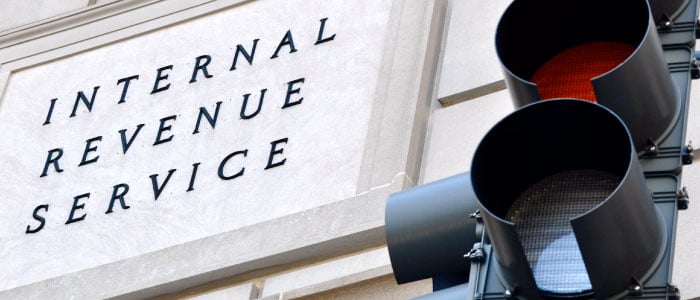
Tax fraud1 has a pretty broad definition. It occurs when someone purposely falsifies information on a tax return for their own personal gain. They might report false income, claim false deductions or expenses, or use a false social security number to file an altogether false income tax return. It becomes a tax scam when a fraudster intentionally deceives an innocent party with the intention of somehow making them the victim of their fraudulent scheme. They might use your name, address, and social security number to file a fraudulent tax return.
As tax season approaches, many people will begin to get their finances in order. Others of course, will wait until the last minute. Be advised however, that fraudsters do not procrastinate. Sadly, there are bad actors out there looking to swindle the unsuspecting during tax season. Your cash, your credit, even your identity could be their objective. But if you arm yourself with a basic understanding of a few Internal Revenue Service (IRS) policies, you’ll be better equipped to avoid being misled by scammers. Here are three facts you can rely on when it comes to the IRS.
To chat with a representative or report potential fraud, contact Member Services at (512) 467-8080 or (800) 252-8311.
The IRS Will Never Cold Call You About Debt
Their policy is to always mail you a bill first. So if you have not received a physical letter in the mail, the call could be suspect. It is possible however that a letter was lost in the mail or your address is not current. To be sure, you can ask the IRS representative to allow you to call them back at (800) 829-1040. You could also ask to speak to someone in the fraud department, or express your concern about recent phone scams. Any legitimate IRS employee will be happy to comply.
The IRS Will Never Demand Immediate Payment
Their policy is to allow you the opportunity to appeal, and even set up a payment plan, in which you can define how you pay. They would never require that you use any specific payment method, least of all a prepaid debit card. And they would never suggest that you share any debit or credit card information over the phone. Any requests along these lines are very likely fraudulent.
The IRS Will Never Threaten You
A legitimate IRS representative will never intimidate you or make threats of legal action. They would never involve local police or any other law enforcement agency for that matter. If a supposed representative uses these kinds of tactics, it is highly likely that you are speaking to a scam artist at work.
If someone claiming to be with the IRS does any of these things, report them immediately. You can also call the IRS Tax Fraud Hotline recording at (800) 829-0433 to learn more.
1 UFCU does not provide tax or legal advice. For such guidance, please consult a tax and/or legal advisor.
Thank you for your feedback.